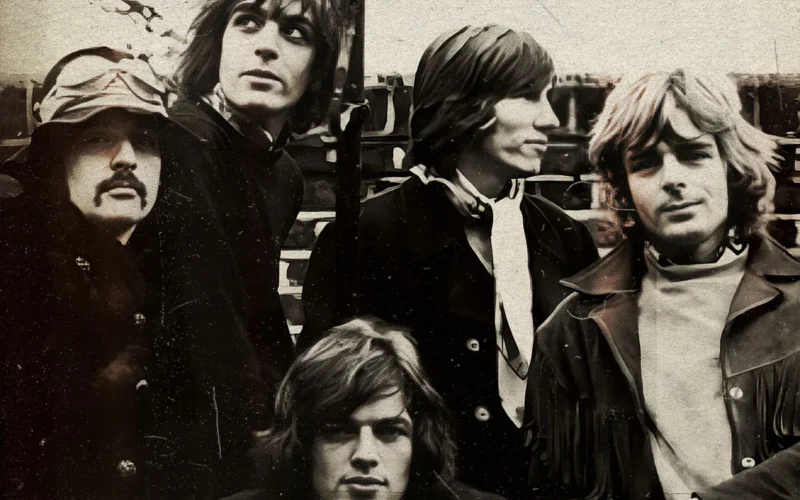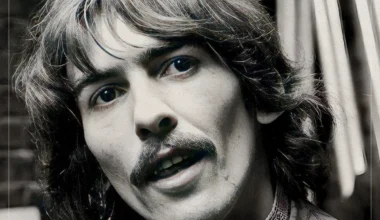After a few years of creatively stumbling in the dark after the departure of original frontman Syd Barrett, Pink Floyd began capturing magic on 1971’s Meddle after a string of half-baked records in need of a director.
Striking gold with The Dark Side of the Moon two years later – still the fourth biggest-selling album of all time and the highest position for a UK artist – Pink Floyd would unleash a dazzling run of jazzy space-prog and grand rock opera albums for the rest of the 1970s, heralding their classic LP run. After a tentative start, they had finally found their cosmic mojo in the absence of their former creative captain.
Regardless, Pink Floyd needed a conceptual maestro to steer their work toward an anchoring theme to tie their heady plunges into far-flung sonic realms and the depths of the human condition that set them apart from the pointy-hatted wizardry that stodged many of their prog contemporaries.
While The Dark Side of the Moon was a relatively egalitarian writing process, bassist Roger Waters was slowly emerging as the principal auteur of the band, pouring all his wounded psyche, establishment contempt, and stinging existentialism into their next four albums. Officially leaving the band in 1985, his last album with Pink Floyd The Final Cut was virtually a solo record.
“…I have to say, Dave did some great work as well after Dark Side,” Waters confessed to CDNOW in 1999, acknowledging guitarist David Gilmour’s crucial role in shaping Pink Floyd’s sound. “His contributions to those latter records were very important. But he certainly didn’t do any work regarding the philosophy, or politics, or heart, or drive behind the records. So when I left, they were put in a situation where no one was providing that, but they carried on doing that, and they did it by employing huge numbers of people to try and replace me.”
There’s a stark difference in vitality to Pink Floyd and Waters’ solo career post-split. Waters would unleash the nuclear war-themed Radio KAOS along with its innovative multi-media live show that felt connected to the Cold War anxieties of the day. On the other hand, the reduced Pink Floyd trio fronted by Gilmour plodded along with the banal and uninspired A Momentary Lapse of Reason, a glossy sog of a record that’s sorely missing the conceptual edge and lyrical bite that Waters brought to the table.
While Waters has been happy to rest on his Pink Floyd laurels here and there, resurrecting The Wall for various tours and even audaciously remaking The Dark Side of the Moon in 2023, Pink Floyd’s continued efforts have yielded diminishing returns, with 1994’s not-bad The Division Bell and the new age awfulness of The Endless River 20 years later limply ending the band’s story.
Despite the respective members’ impeccable artistry, it’s evident who stood as the principal songwriter and chief creative of the group. A brief immersion in Pink Floyd and Waters’ efforts after 1985 makes it obvious whose body of work grabs you with a musical essentiality and something profound to say.






